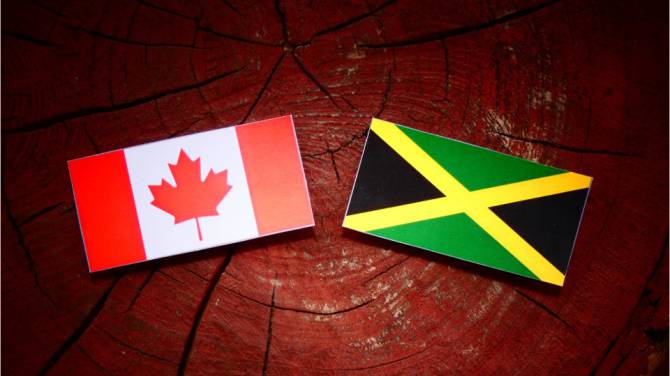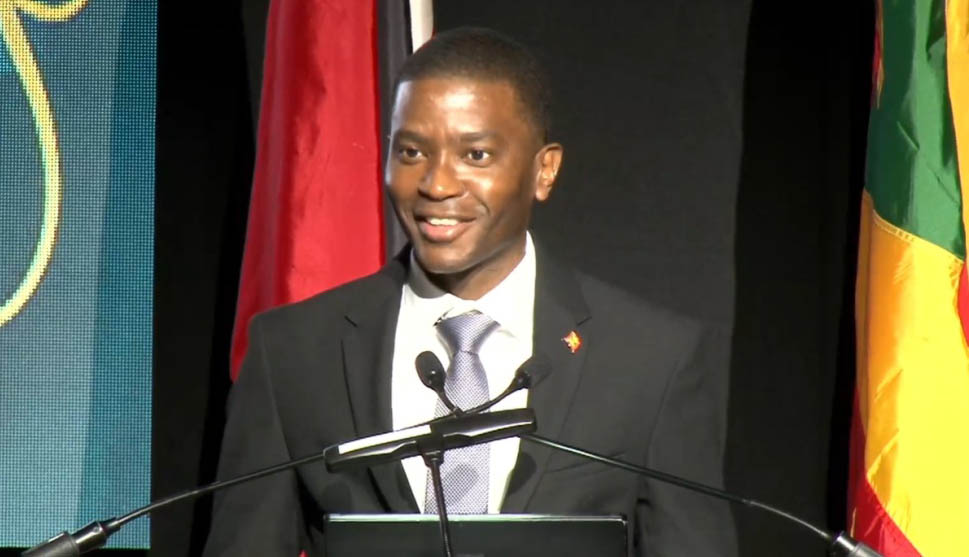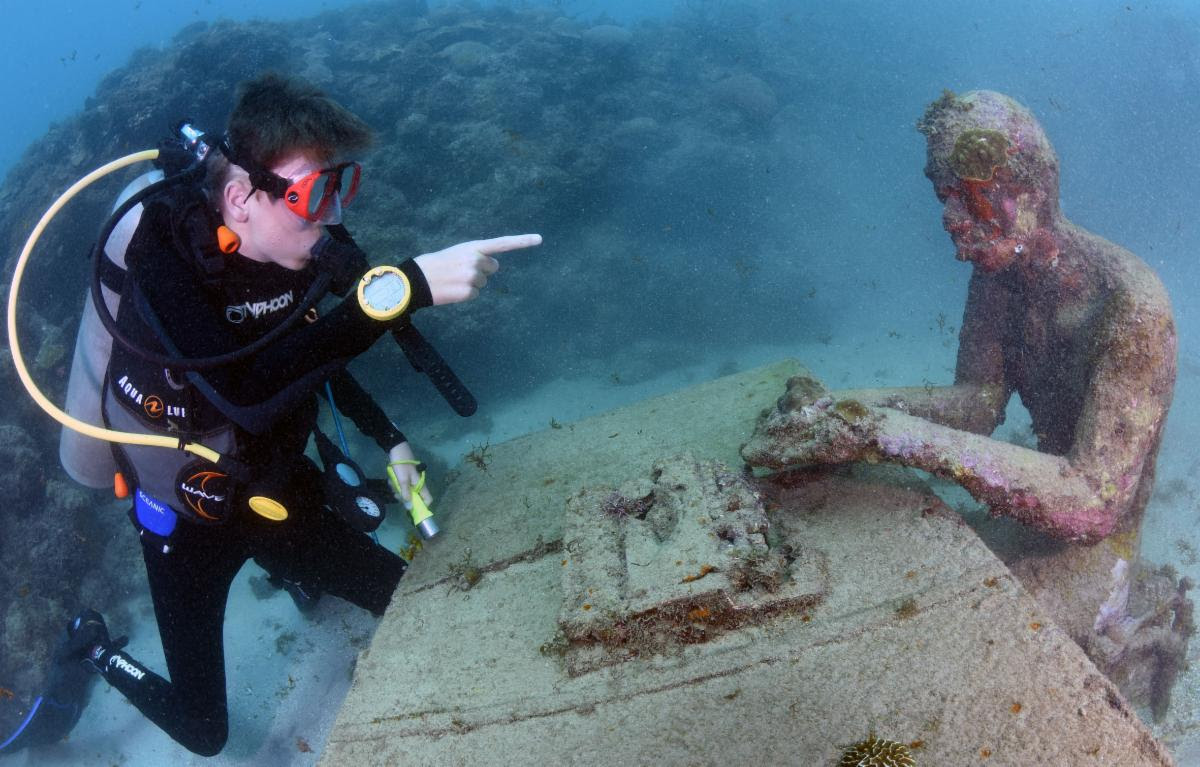On January 18, 2018, a state of emergency was declared by the Jamaican government for St James Parish, which includes Montego Bay, as a result of a significant increase in violent crime. Military forces have been deployed to the area in an attempt to stabilize the situation.
Canada has advised its residents staying at a resort in the affected area to restrict their movements beyond resort security perimeters.
TRAVEL ADVISORY
If you do travel outside these perimeters, use transportation arranged or provided by the resort. Use organized tour operators for excursions and travel to and from the airport. If you are in the affected area, be extremely vigilant, follow the instructions of local authorities and monitor local news.
Crime
Crimes of opportunity, including petty theft, pickpocketing and bag -snatching are common in major tourist areas. Ensure that your personal belongings and travel documents are secure at all times. Do not carry large amounts of cash or show signs of affluence. Protect your cell phone, a popular item for theft. Be aware of your surroundings when withdrawing money from automated banking machines (ABMs). Remain vigilant at supermarkets and retail outlets, as credit card and ABM fraud is a risk in Jamaica.
Violent crime, including armed robbery and murder, is a problem in large cities, particularly in Kingston, Spanish Town and Montego Bay. The availability of firearms is widespread, and most violent crimes, especially murder, involve firearms. Despite the presence of police in major urban areas, drug- and gang-related violence, including shootings, continues to be a significant problem. There is a risk of becoming the victim of crossfire in these areas. Police may impose curfews with short notice in areas where gang activity is a concern. While reports of violence perpetrated against tourists are actually very low, maintain a high level of personal security awareness at all times, follow the advice of local authorities and monitor local media.
Some inner-city and disadvantaged neighbourhoods of Kingston have a significant gang population and high incidences of violent crime and should be avoided. These include Tivoli Gardens, Whitfield Town, Payne Land, West Kingston, Grant’s Pen, August Town, Denham Town, Hannah Town, Arnett Gardens, Olympic Gardens, Harbour View, Central Village, Spanish Town, Mountain View, Trench Town, Cassava Piece, Canterbury, Norwood and Rose Heights. You should also avoid some parts of Montego Bay, namely St. Clavers Avenue and Hart Street, Flankers, Canterbury, Norwood, Rose Heights and Mount Salem.
Do not walk alone while visiting the island, even during the day. Go out in groups with people that you know. Exercise extreme caution in all regions of the country after dark and avoid visiting beaches and isolated areas at night. Do not use buses at night. If you are a victim of crime, do not resist, as this may provoke the use of violence.
Be wary of “friendly” strangers. There have been reports of alleged sexual assaults at tourist resorts carried out by resort staff and, in some cases, by other tourists. Women travelling alone are often harassed. Refrain from excessive drinking, especially at all-inclusive resorts. Although most hotels and resorts are well guarded, always ensure that your hotel room doors and windows are secure. Use the hotel safe to secure your valuables; however, be aware that there have been a number of incidents in large resorts involving theft from hotel room safes by hotel staff. Do not leave valuables in plain view, even while you are in your hotel room. Enquire with reception upon check-in on security precautions related to theft from hotel rooms. Vigilance is recommended when staying in smaller or isolated establishments with less security. Compounds that are gated and guarded are considered the safest accommodations in the Kingston area.
Never leave food or drinks unattended or in the care of strangers. Be wary of accepting snacks, beverages, gum, or cigarettes from new acquaintances, as they may contain drugs that could put you at risk of sexual assault and robbery.
Credit card/ABM card-skimming is a concern, and travelers should keep their credit cards within sight while making transactions at stores and restaurants.
Beaches
Water safety standards may not be comparable to Canadian safety standards. Hotels and resorts may not have lifeguards on beaches or may lack warning systems for local water conditions. While private beaches with security guards are generally safer than public beaches, never leave your personal belongings unattended when swimming.
Demonstrations
Demonstrations occur and can lead to significant disruptions to traffic and public transportation. Jamaica has experienced election-related violence in the past that has resulted in the destruction of property in some neighbourhoods. Avoid all demonstrations and large gatherings, as they have the potential to suddenly turn violent. Follow the advice of local authorities and monitor local media.
Road safety
Unlike in Canada, traffic drives on the left in Jamaica. Coastal roads are in fair condition, but driving in the interior is dangerous due to narrow, winding and badly maintained roads, which are also poorly lit at night. Weather conditions can damage or render some roads temporarily impassable. Stay on main roads as much as possible. Speeding and driving under the influence of alcohol are common. Motorists should keep vehicle windows closed, doors locked and valuables hidden. Roadside assistance is available island wide.
When driving between Norman Manley International Airport and Kingston, take the South Camp Road (also known as the Humming Bird Route) rather than Mountain View Avenue, which can close on short notice.
Public transportation
Public transportation is not safe due to high levels of crime and overcrowding.
Knutsford Express offers reliable and comfortable bus transportation between major towns.
Avoid taking unmarked taxis due to the risk of robbery and sexual assault. Use only taxis ordered from hotels and authorized by the Jamaican Union of Travellers Association (JUTA). These are identified by red-and-white “PP” licence plates and a lime-green JUTA sticker on the window. Since taxis are not metered, agree on the fare in advance.
Air travel
We do not make assessments on the compliance of foreign domestic airlines with international safety standards.
Water sports
Ensure that the recreational activities you choose are covered by your travel insurance and that sporting and aquatic equipment is safe and in good condition. Many tour operators do not conduct regular safety checks. Avoid excursions that are not recommended by tour operators.
General security information
Police officers regularly patrol tourist areas and can offer assistance. Security personnel and front-desk hotel staff can also offer assistance in most emergencies.
Jamaica Tourist Board offices are located throughout the island and have direct radio links with local police and information on safe public beaches.




